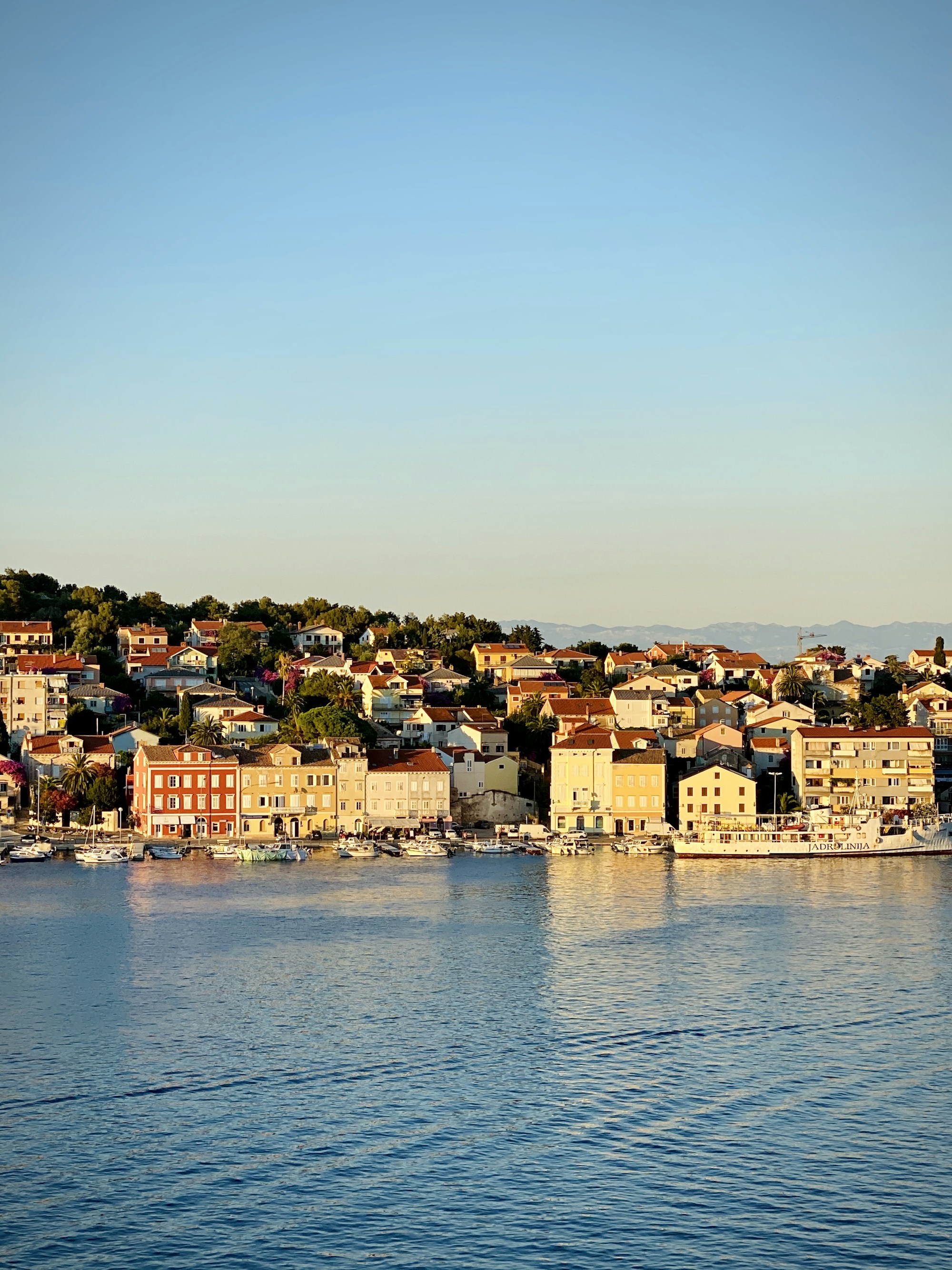Mali: Exploring Culture, Customs & Festivals

Introduction:
Welcome to Mali, a landlocked country in West Africa known for its rich culture, fascinating history, and breathtaking natural landscapes. As you explore this diverse nation, you'll discover ancient cities, vibrant markets, and warm hospitality that will leave a lasting impression. In this travel guide, we will delve into the culture, customs, and festivals that make Mali a truly unique destination.
Culture:
The culture of Mali is a tapestry woven with traditions, music, and art. The country is home to various ethnic groups, each with their own customs and languages. The Bambara, Fulani, and Dogon are just a few of the fascinating cultures you'll encounter during your visit.
The vibrant music of Mali, particularly the sounds of the desert blues, has captivated audiences worldwide. Traditional instruments such as the kora and balafon create melodic tunes that reflect the soul of the Malian people.
Malians are also known for their craftsmanship, producing intricately designed pottery, textiles, and wood carvings. Exploring local markets and craft villages is a must-do to appreciate the skill and artistry of these talented artisans.
Customs:
When visiting Mali, it's essential to respect and observe local customs. Greetings are of great importance in Malian culture, with a handshake and a smile being the most common form of greeting. It is customary to shake hands with elders first as a sign of respect.
Modesty is valued in Mali, and it's recommended to dress conservatively, especially when visiting religious sites or attending traditional events. Women often wear colorful and elegant garments called bazin, which are traditional Malian fabrics.
Hospitality is deeply ingrained in Malian culture, and you can expect to be welcomed with warmth and kindness wherever you go. Sharing a meal with a local family is a wonderful way to experience the true spirit of Mali and its people.
Festivals:
Mali is known for its vibrant and colorful festivals, celebrating a range of cultural, religious, and traditional events throughout the year. One of the most renowned festivals is the Festival au Désert (Festival in the Desert), held in the town of Essakane. This music festival brings together artists from all corners of the globe, showcasing the diversity of Malian music and promoting cultural exchange.
The Dogon Mask Festival is another highlight, held in the Bandiagara region. This festival is a time for the Dogon people to celebrate their ancestral spirits with vibrant mask dances, music, and storytelling.
Other festivals worth experiencing include the Bamako Encounters, a biennial photography festival that showcases the work of African photographers, and the Festival on the Niger, a celebration of music, dance, and traditional boat racing held in Ségou.
Conclusion:
Mali is a country that embraces its cultural heritage with immense pride and offers travelers a wealth of experiences to cherish. From exploring ancient cities like Timbuktu to immersing yourself in the captivating rhythms of Malian music, every moment in this remarkable country will leave you with a deeper understanding and appreciation for its people and traditions.
